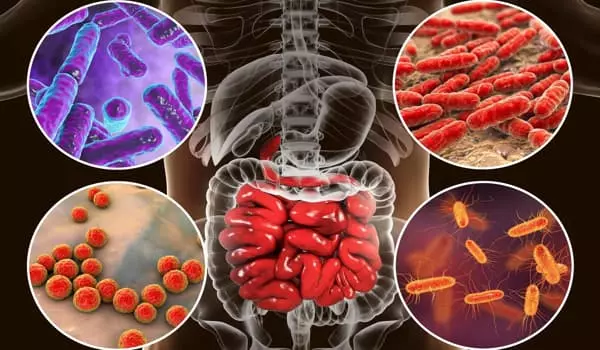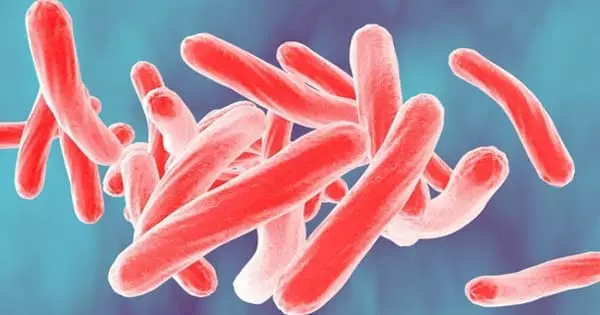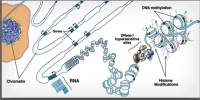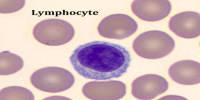Good bacteria fight off bad bacteria and restore balance within your body, making you feel better. Good bacteria keep you healthy by boosting your immune system and reducing inflammation. Certain types of beneficial bacteria can also: Assist your body in digesting food. Bacteria, for example, break down carbohydrates (sugars) and toxins, and they aid in the absorption of fatty acids, which cells require to grow. Bacteria protect the cells in your intestines from invading pathogens and promote tissue repair.
Bacteria that can detect specific molecules in the gut have been engineered by scientists.
That sinking feeling in your stomach? It’s all in your head, but some of it does begin in the gastrointestinal tract. Some of the trillions of bacteria in your gut, along with viruses, eukaryotes, and archaea, synthesize neurotransmitters that cause nerves, anxiety, and euphoria. When you don’t have enough or you have too much of any of these hormones, your mental health can suffer.
Tae Seok Moon, associate professor in the Department of Energy, Environmental, and Chemical Engineering at Washington University in St. Louis’ McKelvey School of Engineering, says he has personally experienced this imbalance. And he’s working on a solution: genetically modified bacteria that can monitor chemical production from within a person’s gut and correct any imbalances.
It’s a difficult job to keep your neurotransmitters balanced. We develop a probiotic aimed specifically at protecting people from the negative health effects of adrenaline surges.
Tae Seok Moon
His findings have been published in the journal Cell Systems. “It’s a difficult job to keep your neurotransmitters balanced,” Moon said. But he’s already started. Moon was awarded a grant in 2017 to develop a probiotic aimed specifically at protecting people from the negative health effects of adrenaline surges.
Moon’s method entails the creation of a “bacterial sensor” capable of detecting specific chemicals in a person’s gut. In his lab, he has been working on similar sensors with the goal of eventually genetically engineering a type of modular system with different sensors. He had already developed sensors for temperature, pH, oxygen levels, light, pollutants, and other disease-related chemicals.
Specificity is key
Moon isn’t the first person to develop such sensors, but they’ve mostly suffered from a lack of specificity up until now. When it comes to distinguishing between similarly structured molecules, sensors can struggle.
“One of the major challenges in engineering is specificity,” Moon said. “However, we have demonstrated that it is possible.” The genetically engineered Escherichia coli Nissle 1917 (EcN) bacterium, which has a sensor for only one type of molecule, is proof of this.

The researchers were able to begin with a sensor pathway found in bacteria. Austin Rottinghaus, a Ph.D. student in Moon’s lab, and colleagues used computer modeling to investigate how mutations would affect the pathway’s sensitivity. The researchers were able to create a sensor pathway that was only sensitive to the molecules they were interested in.
The sensors were incorporated into EcN, transforming it into a precision hunter. They were able to distinguish between phenylalanine (Phe) and tyrosine (Tyr), two structurally similar molecules linked to the disorders (PKU) and type 2 tyrosinemia, respectively.
The researchers also created sensors for the similarly structured phenylethylamine (PEA) and tyramine (Tyra) – both of which are found in food and the gut. Moon’s lab can now work on developing an actuator, which is a protein that acts based on information gathered by the sensor. PKU, for example, is a genetic disease that causes babies to accumulate an excessive amount of phenylalanine. A fully engineered bacteria could have a sensor to detect the amino acid and an actuator to degrade it if the levels of phenylalanine become too high.
These kinds of engineered organisms can be useful in contexts other than medicine. They can also be used to monitor food quality or to control pathways for microbial metabolic engineering, which is used to create many pharmaceuticals, fuels, and other chemicals.
However, as a result of his experiences, Moon is most interested in bacteria that can detect the levels of neurotransmitters in the gut. “If the concentrations become too high, the bacteria produce an enzyme that degrades the target chemical. If it’s too low, the bacteria produce an enzyme that can synthesize more of it,” he explained.”
Bacteria in the gut produce approximately 95% of the hormone serotonin. A person can suffer greatly when this and other neurotransmitters are out of balance, according to Moon. He wishes to put an end to this agony.
















